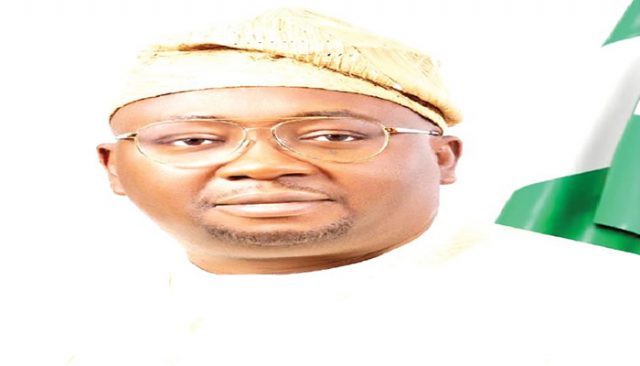
NIGERIA’S power sector is in a quagmire; it has been so for long. Apart from incessant grid collapse, generation, transmission, and distribution are also plagued by shortfalls and financing. The cycle completes with subsidy payment and a deficit in metering. The colossal indebtedness in the sector is headlined by Ministries, Departments and Agencies as they owe the distribution companies billions in unpaid electricity bills. In line with the example from President Bola Tinubu, who authorised officials to defray Aso Rock’s debt to the Abuja Electricity Distribution Company, all MDAs, and state governments need to act responsibly by paying their energy bills.
Things blew open dramatically recently. First, the AEDC gave a 10-day ultimatum to its debtors to pay up or be disconnected. The company said 86 MDAs owed it N47.1 billion. Out of this, Aso Rock owed N923.87 million (before reconciliation), the Federal Ministry of Finance N5.4 billion, the CBN Governor N1.58 billion, and the Abuja Liaison Office of Niger State N3.4 billion.
The Ministry of Power, the overall regulator, owed N78 million. The AEDC accused the National Security Adviser office of owing N95.9 million; and the Ministry of the Federal Capital Territory, N7.57 billion. This is bad for business. It is not surprising that the privatised energy entities are inefficient.
In tow, the Chief of Army Staff, Taoreed Lagbaja, same week pleaded with the Minister of Power, Adebayo Adelabu, to write off the N42 billion electricity bills Army barracks nationwide owed DisCos. This is a huge indebtedness. Lagbaja’s plea that blackouts in the barracks caused bodies in the Army mortuaries to decay is not strong enough. If the Army were to be using generators, it would pay for diesel. So, like every consumer, the military must learn to pay its bills. Its debts were earlier written off in 2005.
Unfortunately, MDAs hide under government cover to hide their shocking behaviour and dodge utility bills. In January, the Transmission Company of Nigeria notified the Ajaokuta Steel Company that it would disconnect the state-owned entity if it did not settle its N33.71 billion debt.
Similarly, the Ibadan Electricity Distribution Company and the University College Hospital, Ibadan, are wrangling over a N500 million debt reportedly owed by the hospital. Although disconnection poses great implications for medical practice, and the university environment, it behoves the hospital management to pay for electricity.
Essentially, Nigeria’s power sector is upside down. The World Bank said 92 million out of 200 million citizens lacked access to electricity as of 2022. Manufacturers groan under the weight of alternative power generation as they spend 40 per cent of their cost on providing electricity for themselves, per the Manufacturers Association of Nigeria. In 2023, the World Bank stated that the economy lost $29 billion annually to poor electricity.
The problems remain cyclic. Out of the 11 DisCos, five were restructured in 2022 due to their inability to repay their loans to banks. Despite privatising generation and distribution in 2013, the government still holds on to 40 per cent in the entities.
The Federal Government continues paying huge electricity subsidies, but power supply is deficient at about 5,000 megawatts for Africa’s largest economy. The government reportedly owes gas companies $1.3 billion.
The DisCos are not able to supply consumers with prepaid meters, with 7.1 million out of 12.82 million consumers unmetered as of September. Under Muhammadu Buhari, government had directly intervened in the sector to the tune of N7 trillion as of August.
Therefore, the debtor MDAs must pay their debts. The DisCos can recover and collect more revenue by metering all consumers instead of giving contentious estimated bills to consumers.
END

Be the first to comment